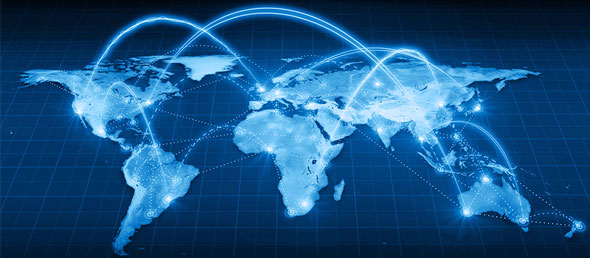
The Internet has given people a lot of space and many platforms to express their opinions on local, national, and international issues. Using the Internet, citizens can easily email their elected leaders including the president to air their concerns and get feedback. Online platforms also enable people to mobilize in real-time, lobby, and put pressure on governments or organizations when it is necessary.
When viewed from that perspective, we can say the Internet enhances democracy by giving people sufficient space and freedom to express themselves. Since citizens can generate and receive information in real-time from both far and near, they are in a better position to evaluate, criticize, and challenge policies that directly or indirectly affect their lives.
However, the relationship between democracy and the Internet is rarely straightforward or rosy at all times. For years, rogue governments and autocrats have tried all manner of underhand tactics to shut down dissent by threatening to unplug the Internet or filter out certain websites. But with time, they realized that stifling opposition over the Internet affects them negatively because most economies are dependent on it.
Curiously, while governments and democracy activists try to gain as much control as possible over the Internet, none seem to gain long-term traction in a way they can hoard it.
For democracy activists, as long as movements and protests remain online, they have very little impact on policy issues. The only way policies are going to change for the better is when online dissent translates into a conventional political activity such as the formation of parties or street protests.
The Internet Patrol is completely free, and reader-supported. Your tips via CashApp, Venmo, or Paypal are appreciated! Receipts will come from ISIPP.
On the other hand, the Internet poses many challenges for democracy. One of the challenges is drawing people away from issues affecting their local communities into global concerns. While there is nothing wrong with discussing SpaceX’s impact on the environment or the future of the International Space Station, overlooking local issues such as neighborhood crime rates or transport crises that affects you directly is not good for democracy.
Why? Because in the words of the late speaker of the House of Representatives of the United States, Thomas P. O’Neill, “All politics is local”. Therefore, democracy thrives when local, state, national, and international communities are strengthened in that order.
Then, there is the problem of fake news where people try to influence political events by creating and sharing viral content that is biased or outright false. Remember Robert Muller’s report indicating that Russian agents sought to manipulate the 2016 US presidential elections by generating, sending, and sharing content aimed at discrediting Hillary Clinton?
So, is the Internet good or bad for democracy? Well, it seems the jury is still out on this.
The Internet Patrol is completely free, and reader-supported. Your tips via CashApp, Venmo, or Paypal are appreciated! Receipts will come from ISIPP.









